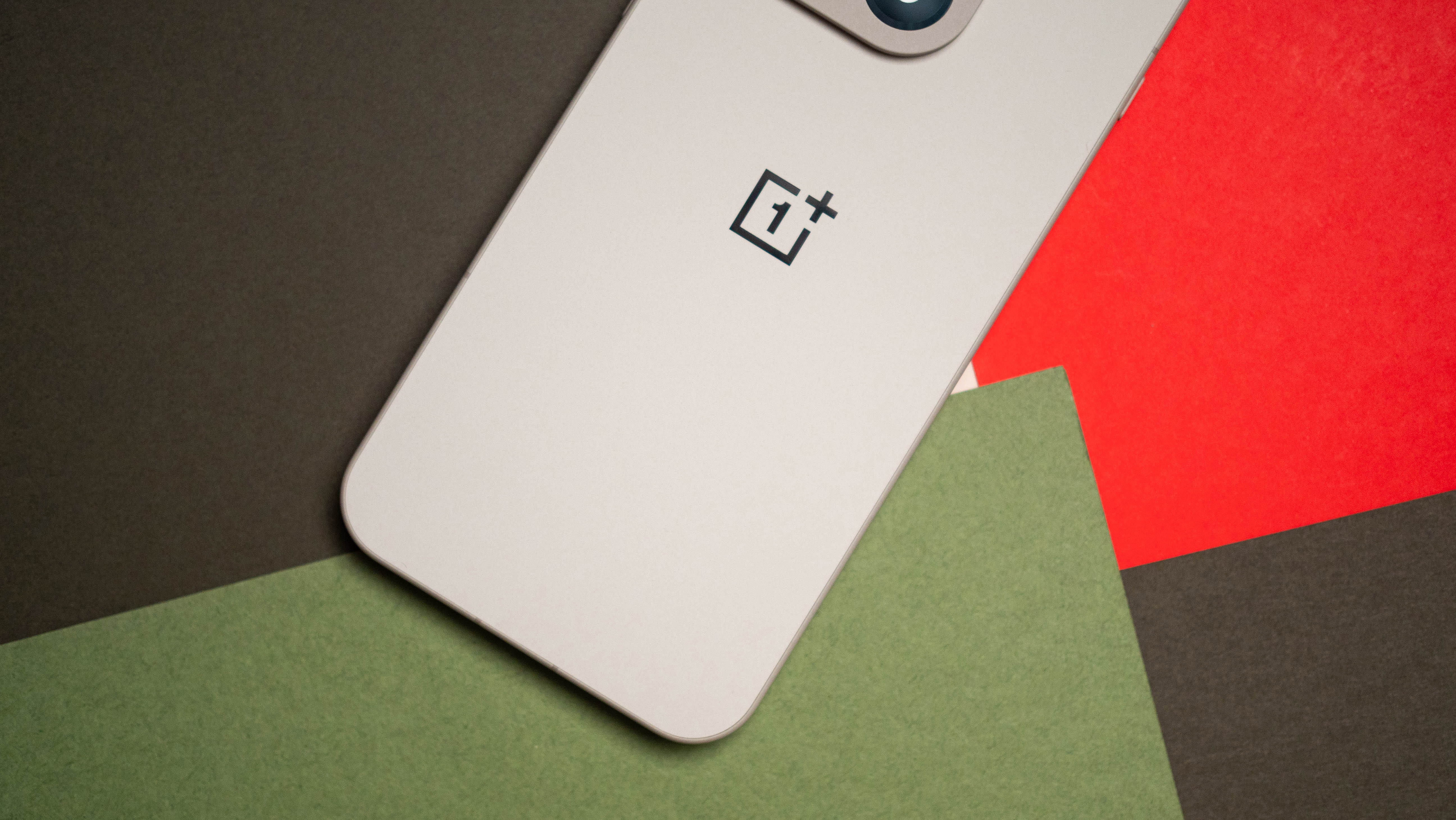Google Pixel 10 Pro XL vs. Samsung Galaxy S25 Edge: Two flagships built for very different kinds of users
The Pixel 10 Pro XL is Google's best offering yet.
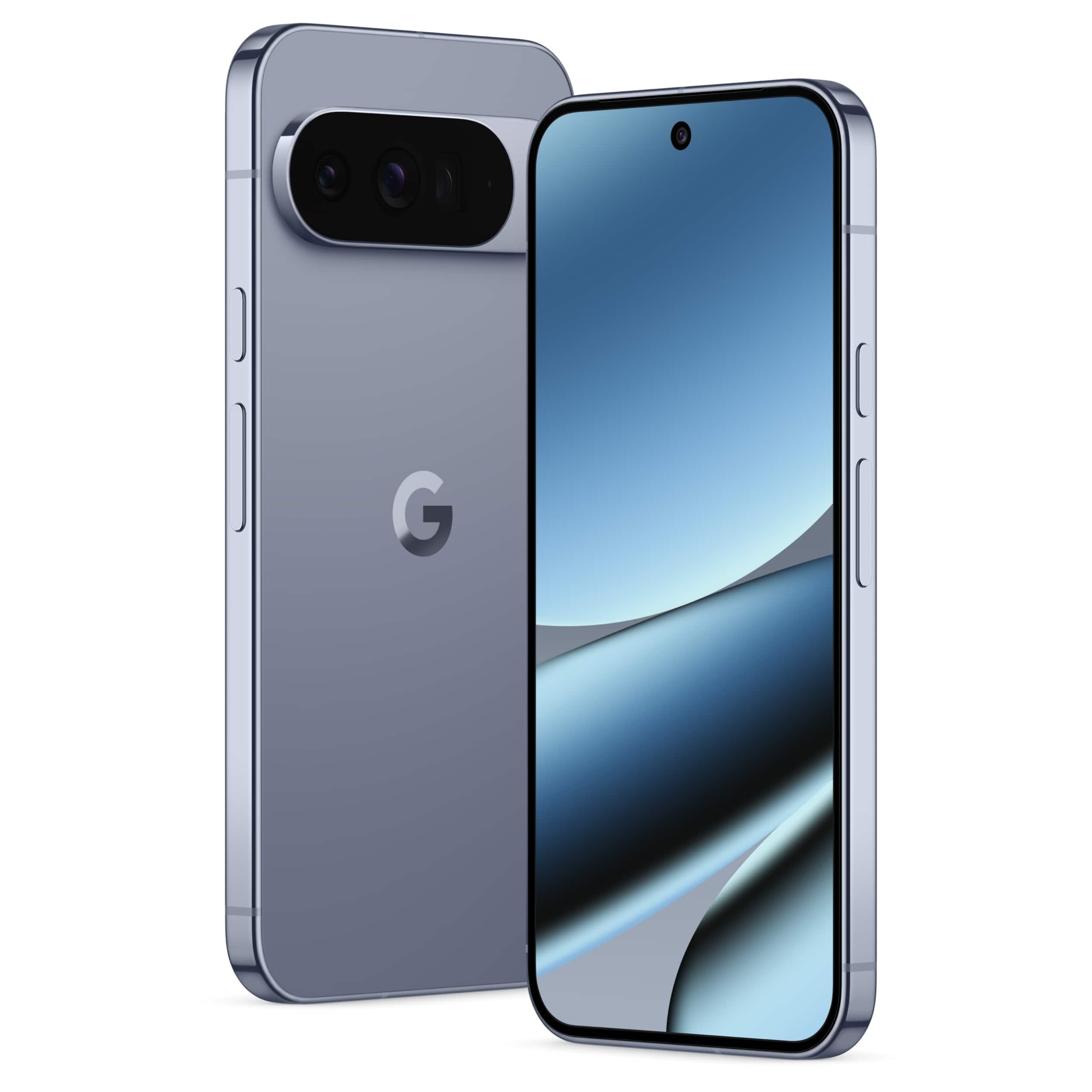
Bigger, smarter, faster
The Google Pixel 10 Pro XL keeps a design similar to its predecessor, but adds notable upgrades like the Tensor G5 chipset built by TSMC and the biggest battery ever in a Google Pixel phone. It's also among the first smartphones to offer native Qi2.2 wireless charging.
Pros
- Large 5,200mAh battery
- 39W fast wired and Qi2.2 25W MagSafe-like wireless charging
- 5x optical zoom telephoto lens
- Faster and better-optimized Tensor G5 chip
Cons
- Larger and heavier form factor
- Higher starting price tag
- No design change compared to last generation
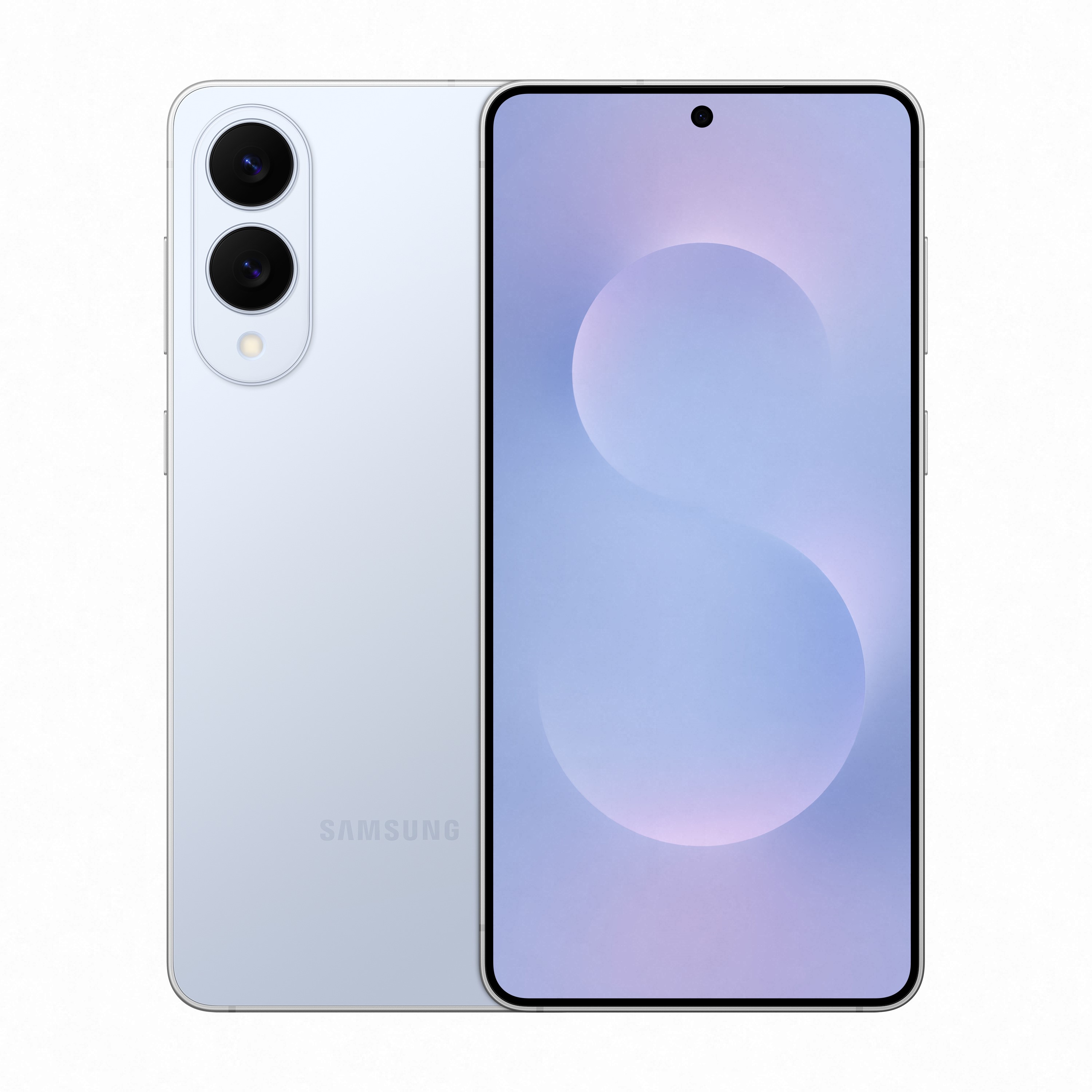
Sleek without compromise
The Samsung Galaxy S25 Edge is the brand's slim, lightweight flagship aimed at those who value portability. Despite the slim build, it packs a powerful Qualcomm Snapdragon 8 Elite processor, a 200MP camera, and useful One UI software features.
Pros
- Slim and lightweight design
- Powerful Qualcomm Snapdragon 8 Elite processor
- Ultrasonic fingerprint scanner
Cons
- Smaller 3,900 mAh battery capacity and slower charging speeds
- No telephoto camera zoom lens at all
- Expensive
After months of extensive leaks, the Google Pixel 10 series is finally official. The new lineup keeps the best bits of the Pixel 9 series while bringing meaningful upgrades over the previous generation.
Like last year's series, this year's Pixel 10 family includes the baseline Pixel 10, the Pixel 10 Pro, and the larger, top-tier Pixel 10 Pro XL for those who want the absolute best.
While the Samsung Galaxy S25 Edge isn't a direct rival to the Pixel 10 Pro XL, since they target different audiences, both are priced fairly close and cost well above $1,000. They offer different strengths for buyers, so does it make sense to go for the slim form factor of the S25 Edge, or does the Pixel 10 Pro XL have the edge? Let's see how they compare.
For more news and information on Google's latest phones, check out our Ultimate Guide.
Google Pixel 10 Pro XL vs. Samsung Galaxy S25 Edge: Pricing and availability
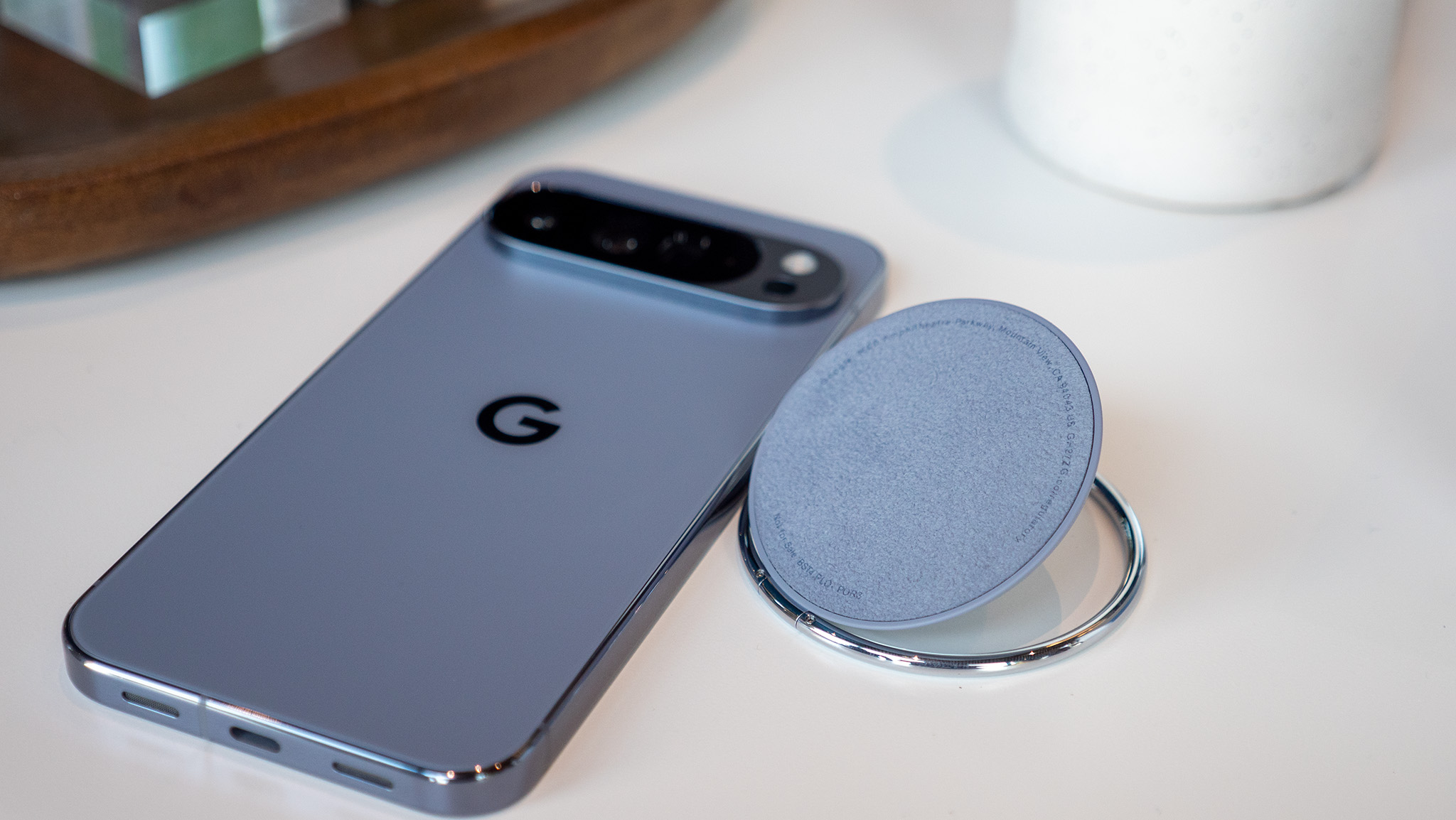
Google officially unveiled the Pixel 10 Pro XL at the Made by Google event on August 20, 2025. The Pixel 10 Pro XL starts at $1,199, with 256GB of storage and 16GB of RAM on the base model, plus 512GB and 1TB options at higher prices. The phone comes in four colorways: Moonstone (grayish-blue), Jade (green), Porcelain (white), and Obsidian (black).
Samsung introduced the Galaxy S25 Edge on May 13, 2025, nearly five months after the other S25 series phones debuted. It starts at $1,099 for the base model with 256GB of storage and 12GB of RAM, while the 512GB variant costs $1,220. The Galaxy S25 Edge is available in three colors: Titanium Jet Black, Titanium Silver, and Titanium Icy Blue.
Google Pixel 10 Pro XL vs. Samsung Galaxy S25 Edge: Design and display
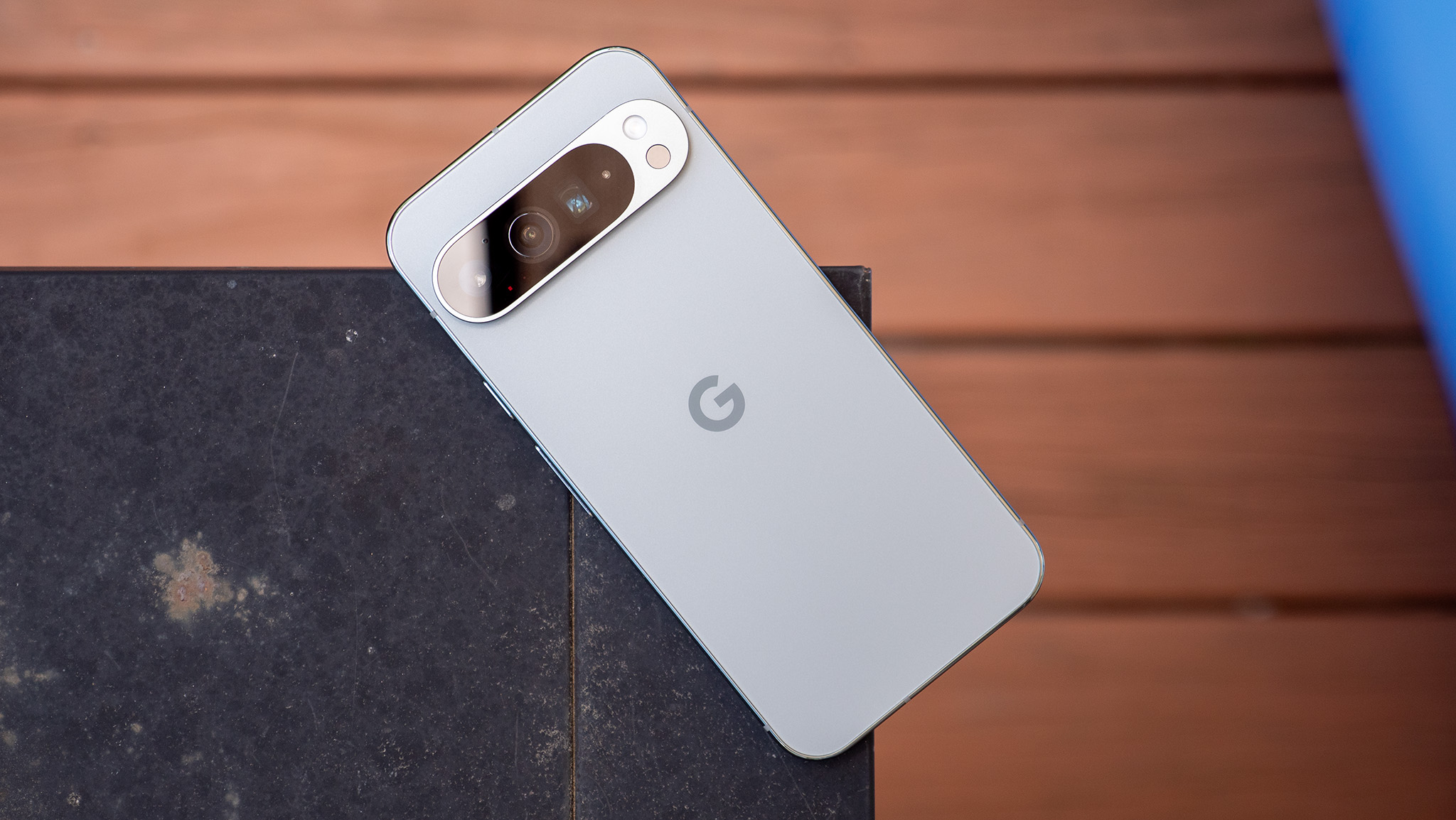
The Pixel 10 Pro XL keeps its design largely unchanged from the Pixel 9 Pro XL. You get a flat-edge design with rounded corners and a protruding camera visor housing the sensors on the back with the "G" logo in the middle. The Pixel 10 Pro XL is both heavier and bulkier than the Galaxy S25 Edge, but in return, you get features like a larger battery, faster charging speeds, and native Qi2 MagSafe-like charging support with magnets built into the phone.
Get the latest news from Android Central, your trusted companion in the world of Android
The Galaxy S25 Edge is unlike any recent Samsung flagship. From the start, it's been focused on offering a slim phone, and the numbers prove it: the S25 Edge is just 5.8mm thick and extremely light at 163 grams. The Google Pixel 10 XL is 8.6mm thick and 232 grams heavier, for comparison.
Design-wise, it differs from other Galaxy S25 models, which have separate camera sensors protruding individually, while the S25 Edge has a vertical camera module. There are no magnets on the Galaxy S25 Edge, so you'll need third-party cases for Qi2 magnetic charging functionality.
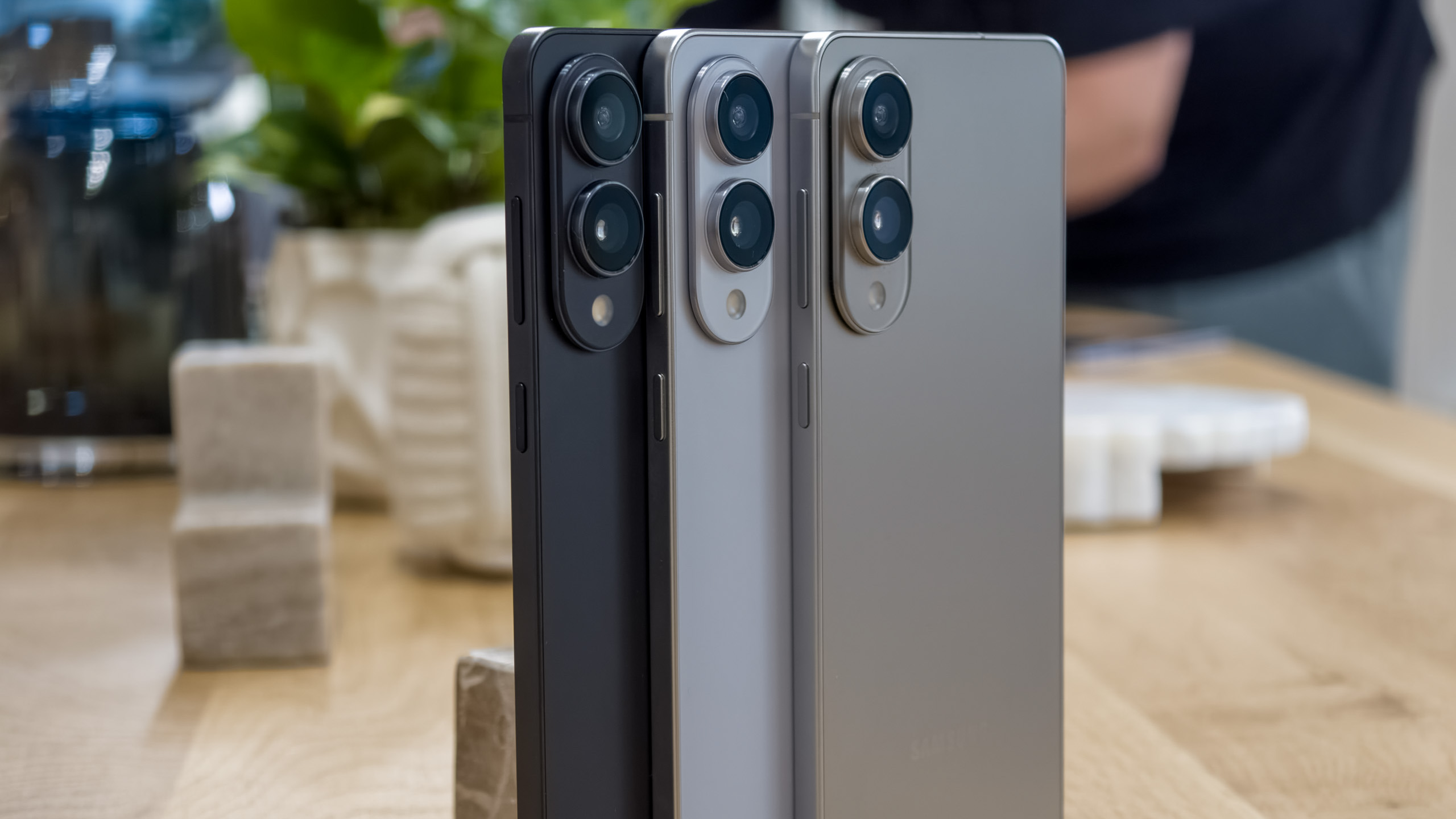
Like most Android flagships, both phones offer high-resolution displays. The Pixel 10 Pro XL ships with a large 6.8-inch Super Actua OLED display with up to 120Hz refresh rate and a high 1344 x 2992 resolution. The display reaches up to 3,300 nits peak brightness, and Google has used Corning's Gorilla Glass Victus 2 for front protection.
The Galaxy S25 Edge has a slightly smaller 6.7-inch LTPO Super AMOLED 2X panel, also with a 120Hz refresh rate and a resolution of 3,120 x 1,440 pixels. Samsung uses Corning Gorilla Glass Ceramic 2 for display protection, but peak brightness tops out at 2,600 nits. Both phones feature a centered top hole-punch camera with slim bezels around the display.
Google Pixel 10 Pro XL vs. Samsung Galaxy S25 Edge: Hardware and specs
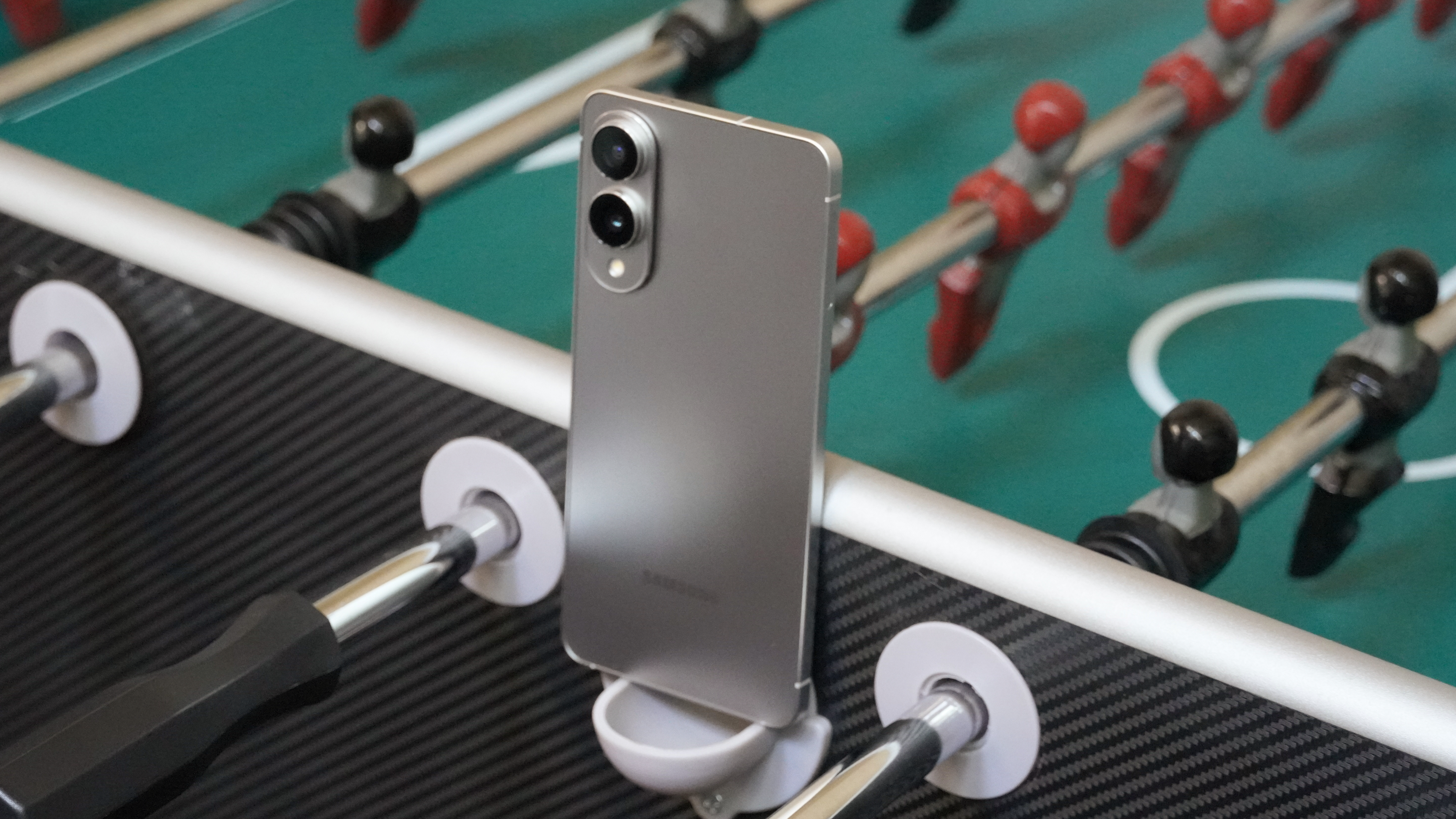
The Google Pixel 10 Pro XL may not look very different from the outside, but Google has added serious upgrades inside. As expected, it comes with Google’s new Tensor G5 chipset. What's different this time is that Google turned to TSMC to produce the chip on its 3nm process, whereas Samsung Foundry made previous Tensor chips. The result should be improved sustained performance and better efficiency compared to earlier generations, which often struggled with overheating and lag.
Google says the Tensor G5 is "built for the Gemini era" and calls it the company's most "significant upgrade," with deeper customization from architecture to manufacturing. The Tensor G5's TPU is said to be 60% faster for on-device AI tasks, while Google claims the CPU is 34% improved over last year's Tensor G4 in the Pixel 9.
The Galaxy S25 Edge, on the other hand, uses Qualcomm's Snapdragon 8 Elite chipset, which is widely regarded as the best available in smartphones. It has consistently proven itself in performance and efficiency. We're not sure yet if the Tensor G5 has improved enough to surpass the Snapdragon 8 Elite, but it should come close. More testing of the Pixel 10 Pro XL will make that clear.
Category | Google Pixel 10 Pro XL | Samsung Galaxy S25 Edge |
|---|---|---|
OS | Android 16 Seven years of OS upgrades | One UI 7 (Android 15) Seven years of OS upgrades |
Display | 6.8-inch Super Actua OLED, 120Hz, 1344 x 2992, Gorilla Glass Victus 2, 3,300 nits peak | 6.7-inch, Dynamic LTPO AMOLED 2X, 120Hz, 1440 x 3120, Gorilla Glass Ceramic 2, 2,600 nits peak |
Processor | Google Tensor G5 | Qualcomm Snapdragon 8 Elite for Galaxy |
RAM | 16GB | 12GB |
Storage | 256GB / 512GB / 1TB | 256GB / 512GB |
Rear cameras | 50MP main + 48MP telephoto + 48MP ultra-wide | 200MP main + 12MP ultra-wide |
Front camera | 42MP | 12MP |
Ingress protection | IP68 | IP68 |
Connectivity | Global 5G, Satellite SOS (U.S.), Wi-Fi 7, Bluetooth 6, NFC, eSIM only | 5G (sub-6, mmWave), Wi-Fi 7, Bluetooth 5.4, NFC, physical SIM tray |
Security | Ultrasonic fingerprint sensor, Face unlock | Ultrasonic fingerprint sensor |
Battery | 5,200 mAh | 3,900mAh |
Charging | 45W USB-C fast wired charging | 25W USB-C fast wired charging 15W wireless (no native Qi2 support) |
Dimensions | 162.8 x 76.6 x 8.6mm; 232g | 158.2 x 75.6 x 5.8 mm; 163g |
Colors | Obsidian, Porcelain, Moonstone, Jade | Titanium Icyblue, Titanium Silver, Titanium Jetblack |
In terms of internal hardware, the Pixel 10 Pro XL ships with 16GB of RAM across all models, while the Galaxy S25 Edge comes with 12GB RAM on both the 256GB and 512GB variants.
There's one key area, though, where Google clearly takes the lead over the Galaxy S25 Edge, and that is proper support for Qi2.2 wireless charging. As rumored, the Pixel 10 Pro XL is the first flagship Android smartphone in the US to ship with Qi2 magnets built in.
This means you won't need third-party cases or accessories to make it compatible with MagSafe, as it supports them out of the box. In fact, of all the Pixel 10 series phones, only the Pro XL supports Qi2.2 standard, enabling faster 25W wireless charging, while the rest top out at 15W.
Beyond charging, this also opens the door to MagSafe accessories like magnetic power banks, wallets, docks, car chargers, and more. Google has even unveiled its own lineup of magnetic accessories for the Pixel 10 series under the "PixelSnap" brand.
On the software side, both phones will support up to seven years of OS updates, but the Pixel 10 Pro XL ships with Android 16 out of the box, giving it one more major update than the S25 Edge, which runs on Android 15. Samsung has been testing One UI 8 based on Android 16 for the Galaxy S25 series, which should arrive soon.
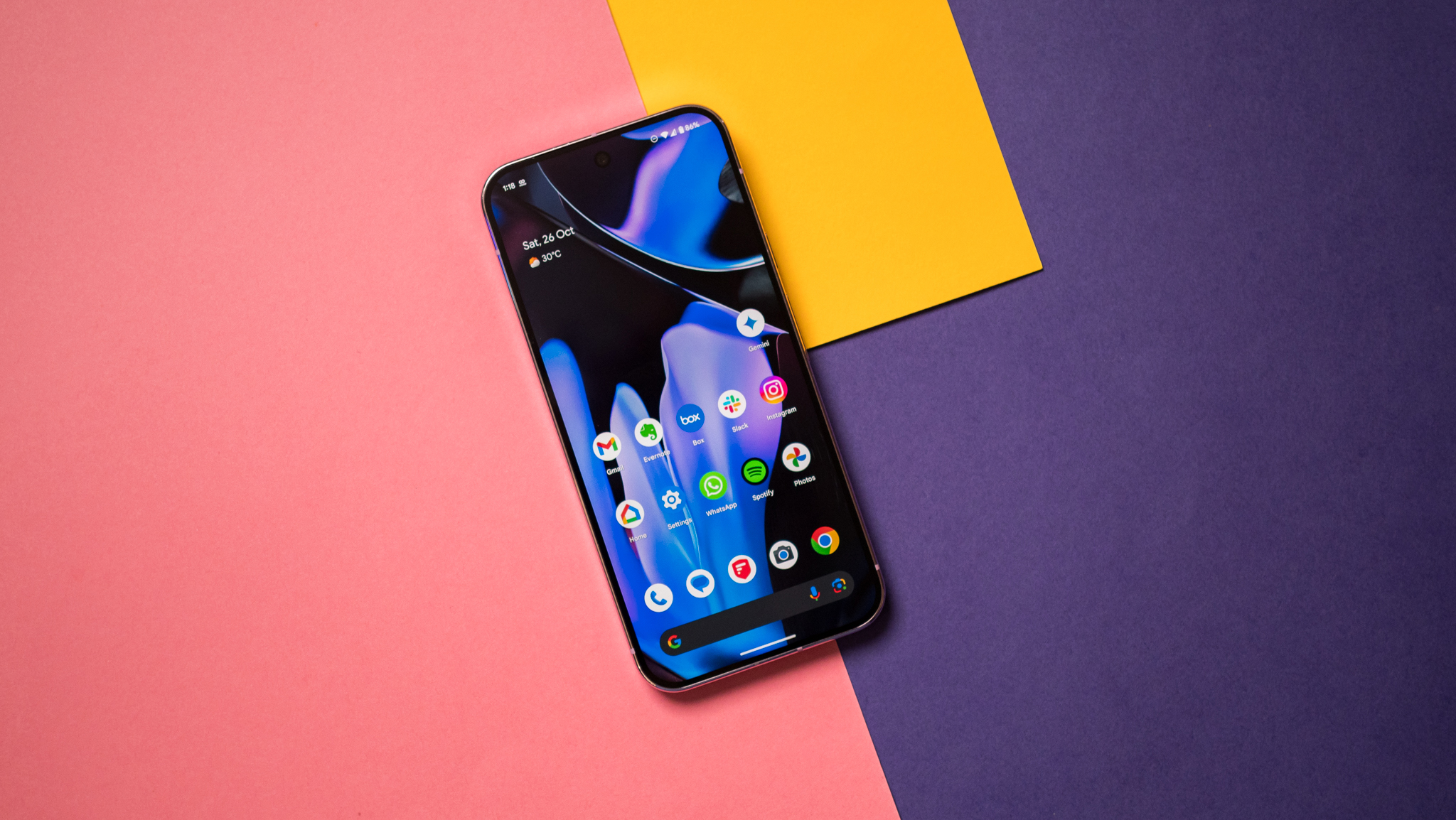
Finally, battery life is another key area where the Pixel 10 Pro XL should easily beat the Galaxy S25 Edge. We're looking at a 5,200mAh battery on the Pixel 10 Pro XL versus a 3,900mAh battery on the S25 Edge powering similar 6.8- vs 6.7-inch displays. The Snapdragon 8 Elite is impressively efficient, but given the massive battery difference and the fact that Tensor G5 is built on a more efficient process, endurance should be better on the Pixel 10 Pro XL.
Charging speeds also favor the Pixel. It supports 45W fast charging compared to just 25W on the S25 Edge. While the smaller S25 Edge battery should still charge quickly, the 10 Pro XL delivers a better balance of large capacity and faster charging.
Google Pixel 10 Pro XL vs. Samsung Galaxy S25 Edge: Cameras
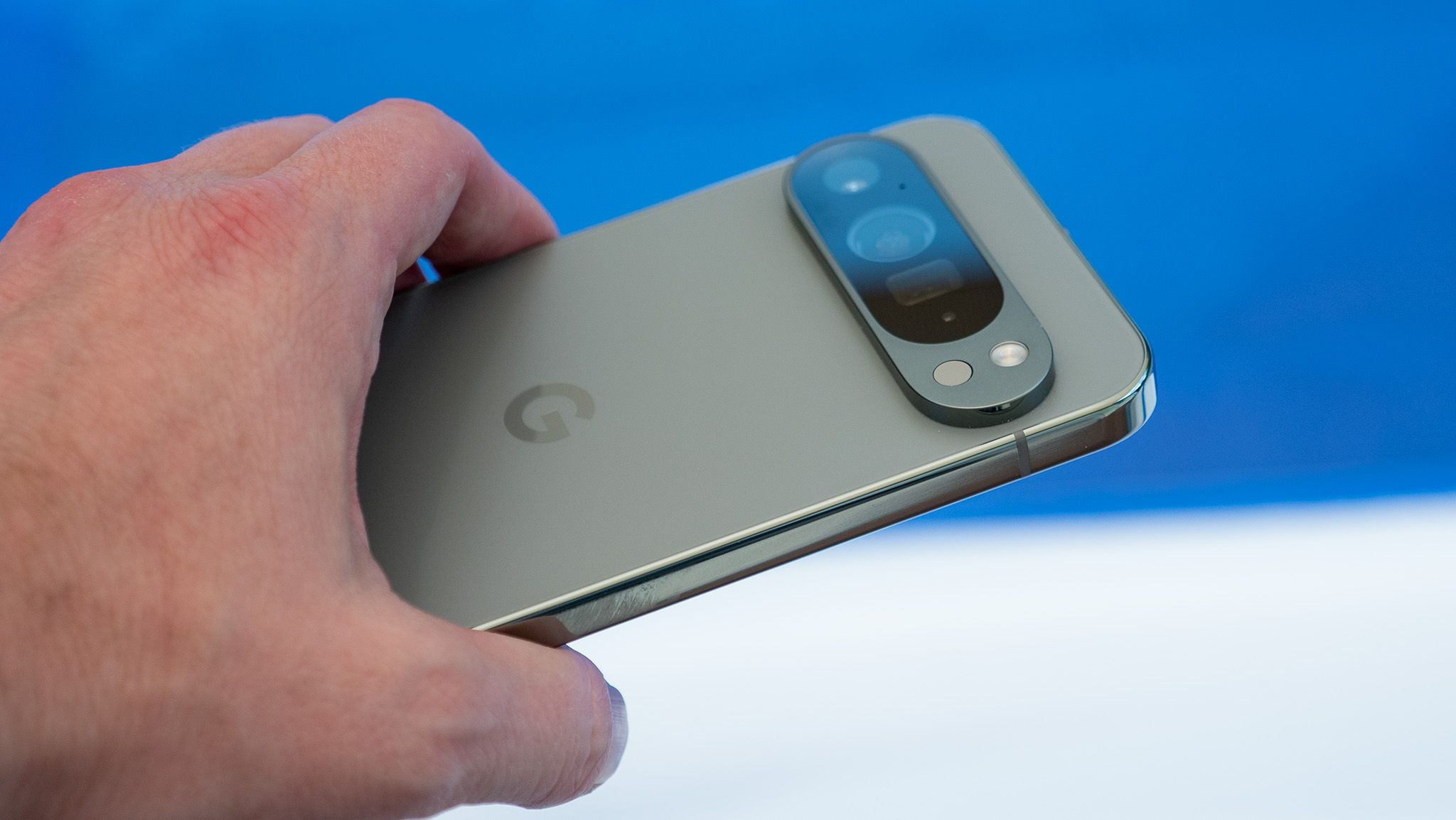
Regarding cameras, this again looks like a win for the Pixel 10 Pro XL. It comes with a 50MP primary camera with PDAF and OIS, coupled with a 48MP ultra-wide sensor and a 48MP 5x periscope telephoto lens. Thanks to Google AI, the Pixel 10 Pro XL can zoom up to 100x using Pro Res Zoom.
The Galaxy S25 Edge, on the other hand, ships with a 200MP primary camera and a 12MP ultrawide sensor. And despite the fact that this is the same 200MP camera found in the top-tier Galaxy S25 Ultra, the slim flagship lacks a dedicated telephoto lens, meaning you can only zoom without quality loss up to 2x. There is digital zoom up to 10x, but that's about it.
So if you're going to a concert or want to capture videos of your kid performing on stage from afar, the Pixel 10 Pro XL is probably the phone you want.
Google Pixel 10 Pro XL vs. Samsung Galaxy S25 Edge: Which should you buy?
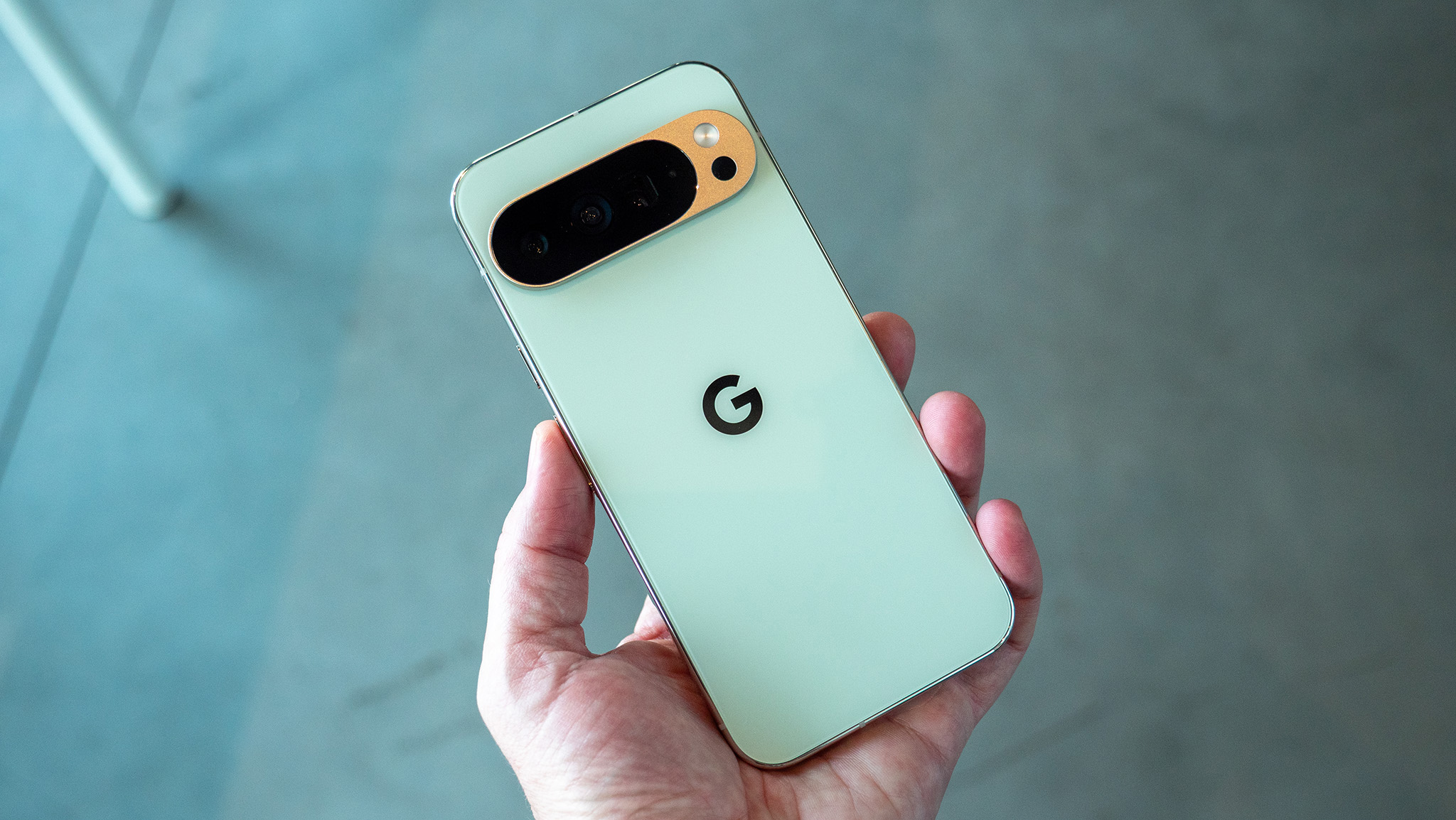
The Pixel 10 Pro XL and Samsung Galaxy S25 Edge are clearly made for two very different kinds of users. The Galaxy S25 Edge is designed entirely around users looking for a slim, light phone that can be used all day without fatigue and without compromising performance. The battery life may mean charging more often than the Pixel 10 Pro XL, and the lack of a telephoto sensor might be a drawback, but the phone is for those who value slimness above all else.
The Pixel 10 Pro XL, on the other hand, finally feels like a complete flagship from Google competing on all fronts. It's the first Android smartphone to ship with Qi2.2 out of the box, has a more capable and efficient Tensor G5 chipset, and offers a bigger battery plus faster charging than the S25 Edge.
It runs on the latest version of Android and brings plenty of new AI features, including Magic Cue, Camera Coach to guide you while taking photos, and Auto Best Take to ensure the best shots. Even though it costs $100 more than the S25 Edge at $1,199, it has its own perks and advantages.
All told, both phones target different users, but for most people, the Pixel 10 Pro XL feels like the more complete phone.
For more news and information on Google's latest phones, check out our Ultimate Guide.

The smarter choice
The Pixel 10 Pro XL is the best phone Google has to offer. It comes with a big, bright 6.8-inch display and Google's new, improved Tensor G5 chipset. It's also the first Android flagship to feature Qi2.2 support out of the box, plus it introduces several Google-exclusive AI features.

Style over substance
The Galaxy S25 Edge is built for people who want a slim phone above all else. It doesn't compromise on performance and comes with a large, bright display while running Samsung's latest One UI with plenty of unique features. You may struggle with battery life and the lack of a strong zoom camera, but if you can overlook that, it's a great value-for-money phone.

Sanuj is a tech writer who loves exploring smartphones, tablets, and wearables. He began his journey with a Nokia Lumia and later dived deep into Android and iPhone. He's been writing about tech since 2018, with bylines at Pocketnow, Android Police, Pocket-Lint, and MakeUseOf. When he's not testing gadgets, he's either sipping chai, watching football, or playing cricket.
You must confirm your public display name before commenting
Please logout and then login again, you will then be prompted to enter your display name.
